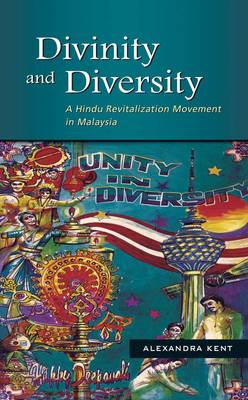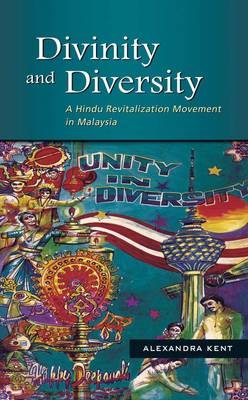
- Retrait gratuit dans votre magasin Club
- 7.000.000 titres dans notre catalogue
- Payer en toute sécurité
- Toujours un magasin près de chez vous
- Retrait gratuit dans votre magasin Club
- 7.000.0000 titres dans notre catalogue
- Payer en toute sécurité
- Toujours un magasin près de chez vous
Description
The "911" attacks on the United States and subsequent "war on terrorism" have brought a discussion of transnational "religious" networks onto center stage. While the Sai Baba movement (the focus of this study) has no militaristic ideology, it may--like any other such movement--ultimately call into question the sovereignty of the nation state. Today, then, issues of faith and devotion are more urgent than ever in the interfaces between diverse world views, not only at local and national levels but, increasingly, at the global level as well. Religion and religiosity are potent cultural resources that undergo continuous reinvention by particular actors within relationships of power.
This book looks closely at the Malaysian following of the contemporary Indian god man Sathya Sai Baba, a neo-Hindu guru famed for his miracle-working. This religious innovation has broad appeal among non-Malays, but attempts to formalize and control it have evolved within a middle-class subsection of the Malaysian Indian community. This community makes subtle and ambiguous appeals for both spiritual unity and religious pluralism in response to the totalitarianism and intolerance of Malaysian modernity as it is wielded by the Malay-dominated government.Spécifications
Parties prenantes
- Auteur(s) :
- Editeur:
Contenu
- Nombre de pages :
- 232
- Langue:
- Anglais
- Collection :
Caractéristiques
- EAN:
- 9788791114403
- Date de parution :
- 31-01-05
- Format:
- Livre relié
- Format numérique:
- Genaaid
- Dimensions :
- 166 mm x 225 mm
- Poids :
- 435 g

Les avis
Nous publions uniquement les avis qui respectent les conditions requises. Consultez nos conditions pour les avis.






